What is Bias? 🤔🔎
Bias is an opinion or attitude formed without considering all of the relevant facts or information. Bias can influence decisions and evaluations about individuals, resulting in unfair assessments or outcomes.
Bias can be conscious or unconscious, and it can be difficult to recognize it when making decisions about others because our brains use heuristics (mental shortcuts) to make decisions quickly and efficiently. Therefore, it's important to take extra steps to avoid bias in performance evaluations. 🧠🚫🤝
Bias can be conscious or unconscious, and it can be difficult to recognize it when making decisions about others because our brains use heuristics (mental shortcuts) to make decisions quickly and efficiently. Therefore, it's important to take extra steps to avoid bias in performance evaluations. 🧠🚫🤝

